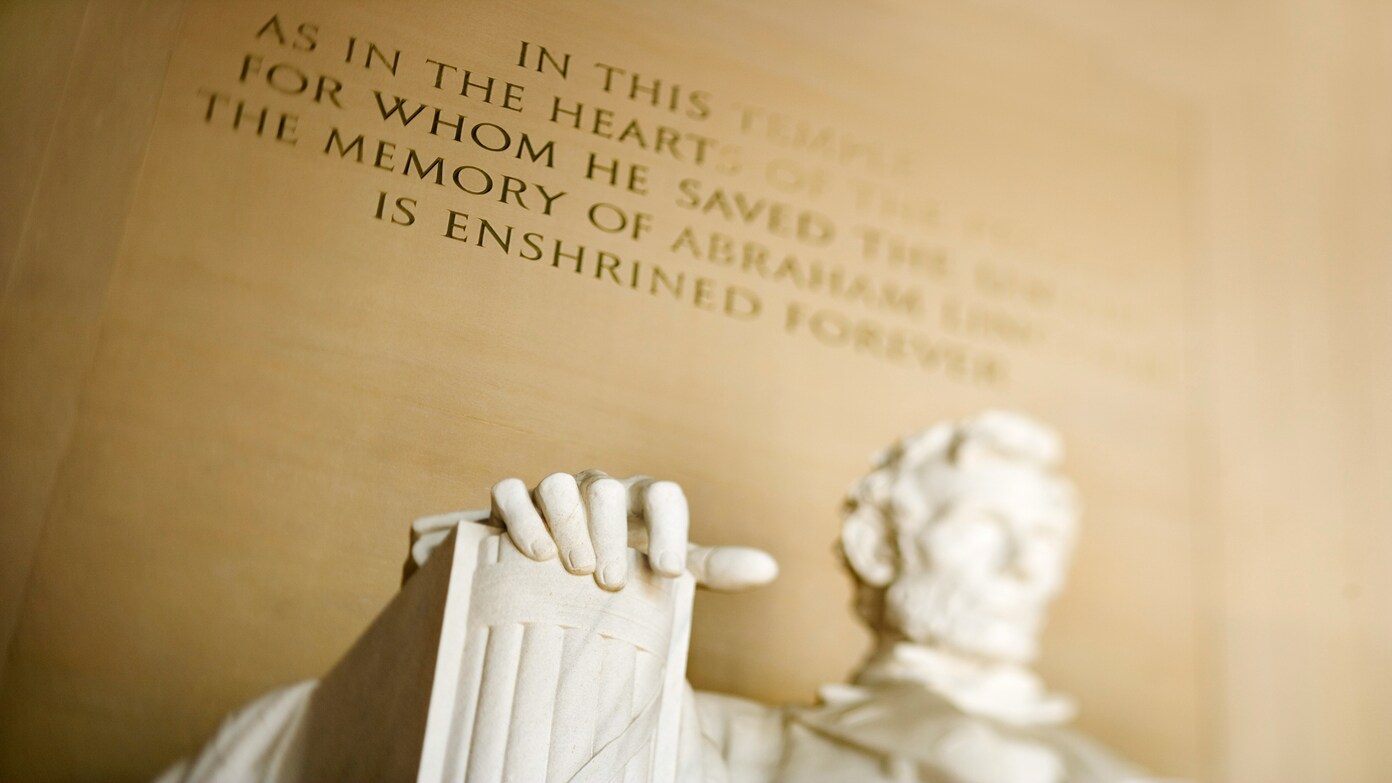What Is Constitution Day?
Constitution Day, which is also known as Citizenship Day, is a yearly celebration in the United States that is used to mark the signing of the United States Constitution. The Founding Fathers signed the United States Constitution in Philadelphia on September 17, 1787. The document outlined how the American government should function and spelled out the basic rights and freedoms of its citizens.
The day isn’t just about looking back at history—it’s also about reminding people how pertinent the Constitution still is today. Schools, civic groups, and government offices often use the day to teach more about the Constitution and encourage people to engage in civic life.
When Do We Celebrate It?
Constitution Day is observed every year on September 17th. This is the true anniversary of the Constitution’s signing. In 2025, it will fall on Tuesday, September 17th.
Ceremonies will be conducted all over the country to mark the occasion. Some will be basic classroom activities, while others will include lectures, parades, or even naturalization ceremonies in which new citizens are sworn in.
Why It Matters
The United States Constitution is more than 200 years old, but it still affects American life daily. It formed the three branches of government—executive, legislative, and judicial—and ensures freedoms such as freedom of speech, freedom of religion, and the right to a fair trial.
Constitution Day serves as a reminder that these freedoms are not guaranteed unless citizens are vigilant and involved. It is also an opportunity to consider the responsibilities of citizenship.
How You Can Get Involved
There are many simple ways for people to get involved on Constitution Day:
- Read the Constitution: Take a few minutes to read the document itself. While it might be long, it is where you find out where your rights come from.
- Attend a local event: Schools, libraries, and civic groups host lectures, debates, or readings of the Constitution. These are great ways to learn and meet others.
- Teach or educate: Teachers tend to organize lessons around Constitution Day. Anybody can, however, share facts or quotations on social media to build awareness.
- Attend a naturalization ceremony: Such ceremonies, at which immigrants become U.S. citizens, tend to be organized around Constitution Day. They’re powerful reminders of the significance of citizenship.
- Think about your rights: Ponder the freedoms you enjoy every day—like voting, speaking your mind, or worshiping as you please—and how to safeguard those rights for tomorrow.
A Brief History of Constitution Day
The idea of a celebration of the Constitution originated many years ago. Congress established Citizenship Day in 1940, a holiday to praise those who had become U.S. citizens.
Later in 2004, Senator Robert Byrd helped to create today’s official Constitution Day. He added an amendment to a federal appropriations bill requiring schools and federal agencies to provide educational programs about the Constitution every year on September 17.
The change from Citizenship Day to Constitution Day put more focus on the document itself but still celebrated the importance of American citizenship.
Join the Conversation
Individuals also commemorate Constitution Day on the internet these days. You may spread awareness or engage in conversations utilizing the following hashtags:
- #ConstitutionDay
- #CitizenshipDay
- #USConstitution
- #FoundingFathers
- #CivicEngagement
Where to Learn More
In case you desire to know more, the following are credible sources to get you started:
- National Archives—Houses the original U.S. Constitution.
- National Constitution Center—Includes educational resources and events.
- Library of Congress—Provides history and context regarding the Constitution.
Constitution Day is more than a notch on the calendar—it’s a reminder of the freedoms Americans have and the necessity of keeping them alive.
Must read:
- Container incident at Port of Long Beach: cargo spills into harbor
- Inflation up in August: what that means for interest rates
- Why job figures are being revised so sharply — and what could happen next
- Who is Stephen Miran, Trump’s nominee for the Federal Reserve Board of Governors
- Chipotle brings back fan favorite for a fourth time
- Nobel prize winner explains why Trump’s argument for tariffs does not stack up

